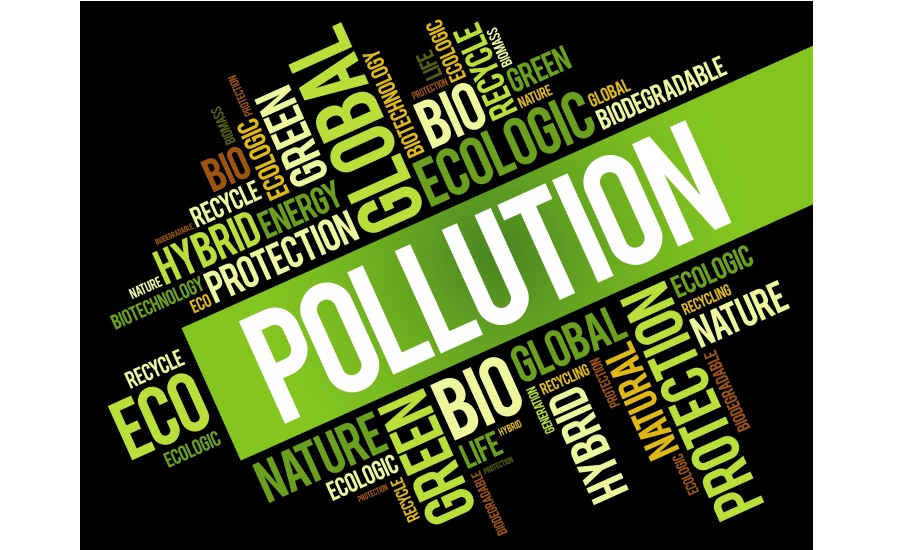In most grocery stores today, customers are advised not to go empty-handed to do their weekly shopping: reusable bags are the order of the day. Customers who cannot bring their own reusable bags should buy one to take home their purchases.
But what may function on a small scale with the reusable bags is just impractical on a larger level with food packaging being now an essential part of our daily lives.
Packaging is fundamental when it comes to protecting our products, ensuring our high standards of quality and avoiding food waste.
Most of the world's population live in cities, where there are few options for independently growing food. That way, 3.5 billion people in the planet's cities buy their products away from home - and these products usually come packaged.
Also, the increase in numbers of single-member households, which prefer smaller portion sizes, and the growing tendency to eat in transit, between one commitment and another, is giving rise to an increasing amount of packaged food.
But this raises a big problem; today, one-third of household waste is made up of food packaging. About 80% of the packaging is discarded after being used only once! As not all of them go to recycling, this volume helps to overfill landfills and the need for new areas to dispose of the waste generated.
Recently, a huge amount of litter was found floating in the middle of the Pacific Ocean – with an area equal to twice the size of the continental United States. This high deposit of debris was formed with the garbage thrown by boats, from oil rigs and coming from the continents, reunited due to the oceanic currents. It is believed that there is something around 100 million tons of debris drifting in the oceans. Most of it is disposable plastic food packaging containers and plastic bags.
But luckily an increasing number of consumers are becoming aware of this problem and the need for adopting more sustainable habits and finding more environmentally friendly solutions regarding food packaging.
This has become one of the top priorities of the consumer public, in general, urging companies to work hard to present new food packaging containers that not only can be recycled but are also biodegradable or compostable.
Biodegradable items break down into natural elements within a short period of time after being disposed of, usually in less than a year. The ability to biodegrade in landfills helps to reduce the buildup of waste and by doing so, also helps the environment.
Similar to Biodegradable, Compostable materials go one step further by providing the earth with nutrients once the material has completely broken down. Despite requiring special composting conditions, if added to compost piles most Compostable Packaging can turn to compost in just three months, contributing to a cleaner, safer and healthier environment.
The problem of plastic food packaging pollution is real, and it's up to all of us to adopt more sustainable habits and find more environmentally friendly solutions for our daily packaging needs.
This blog post was submitted by Cafe Brands, a biodegradable food packaging and label company based in Dublin, Ireland.


Recent Comments
Custom Boxes
You are right, this is very important before...
You can find many inspiration from Instagram app...
Check out Honista app
Great Article!